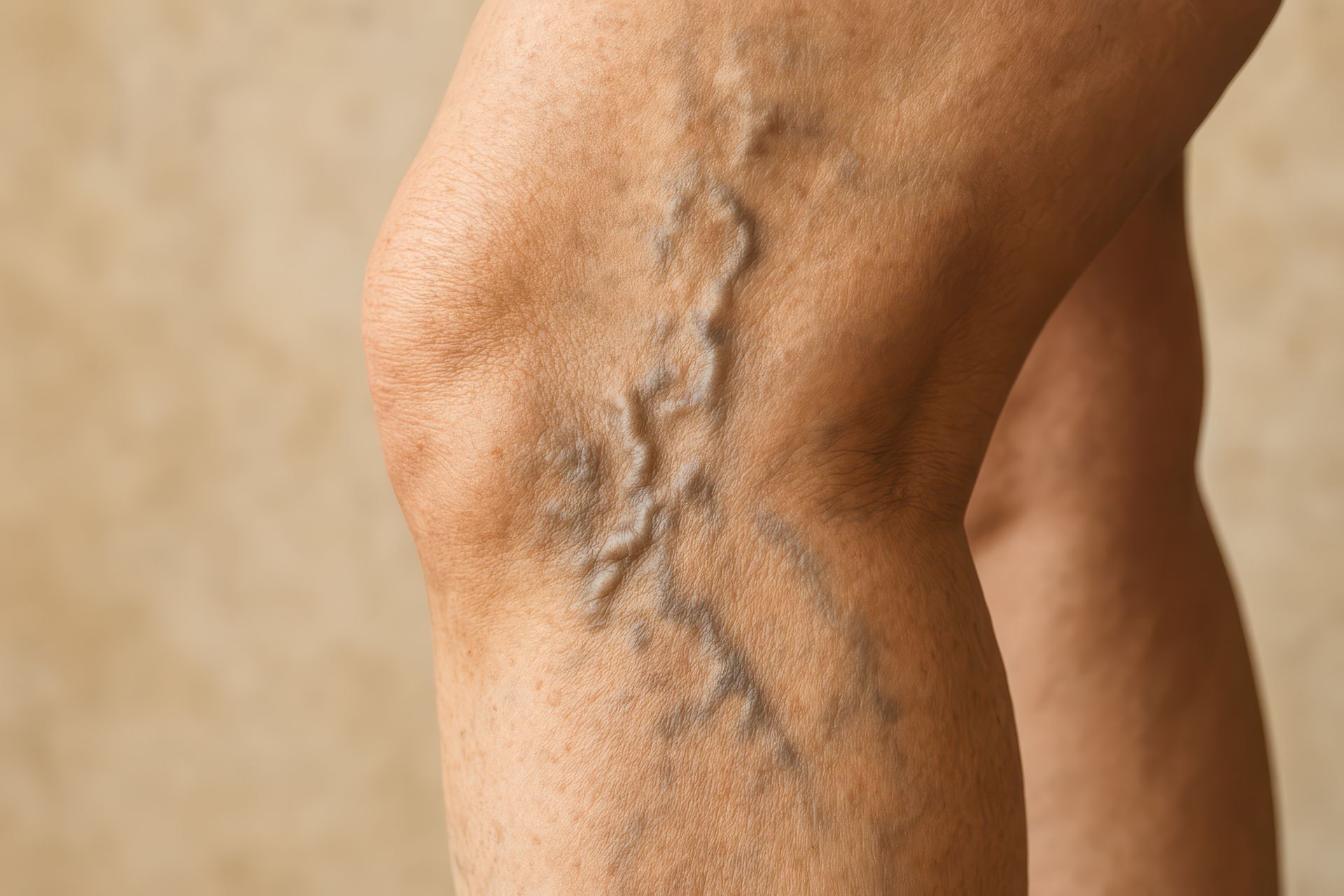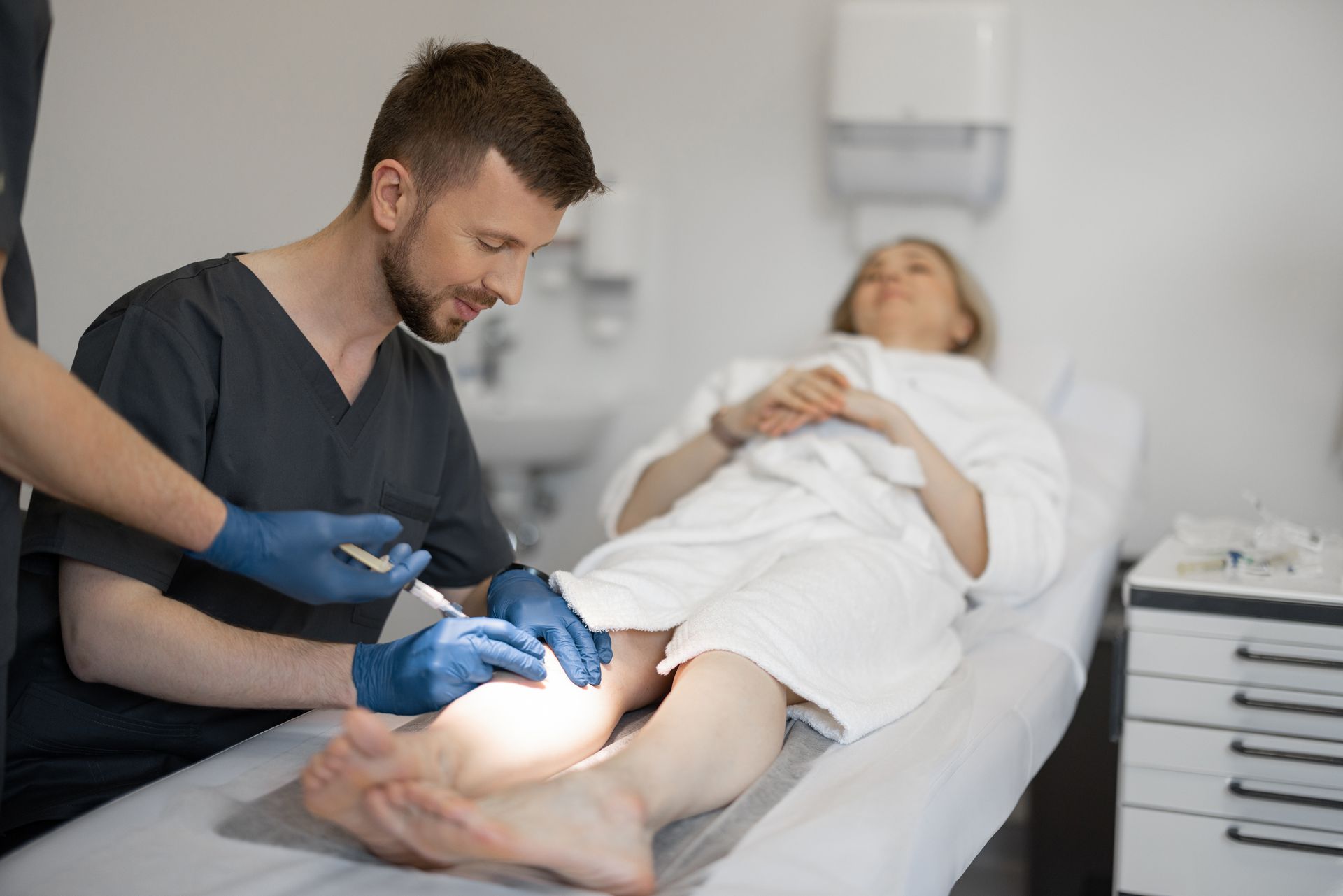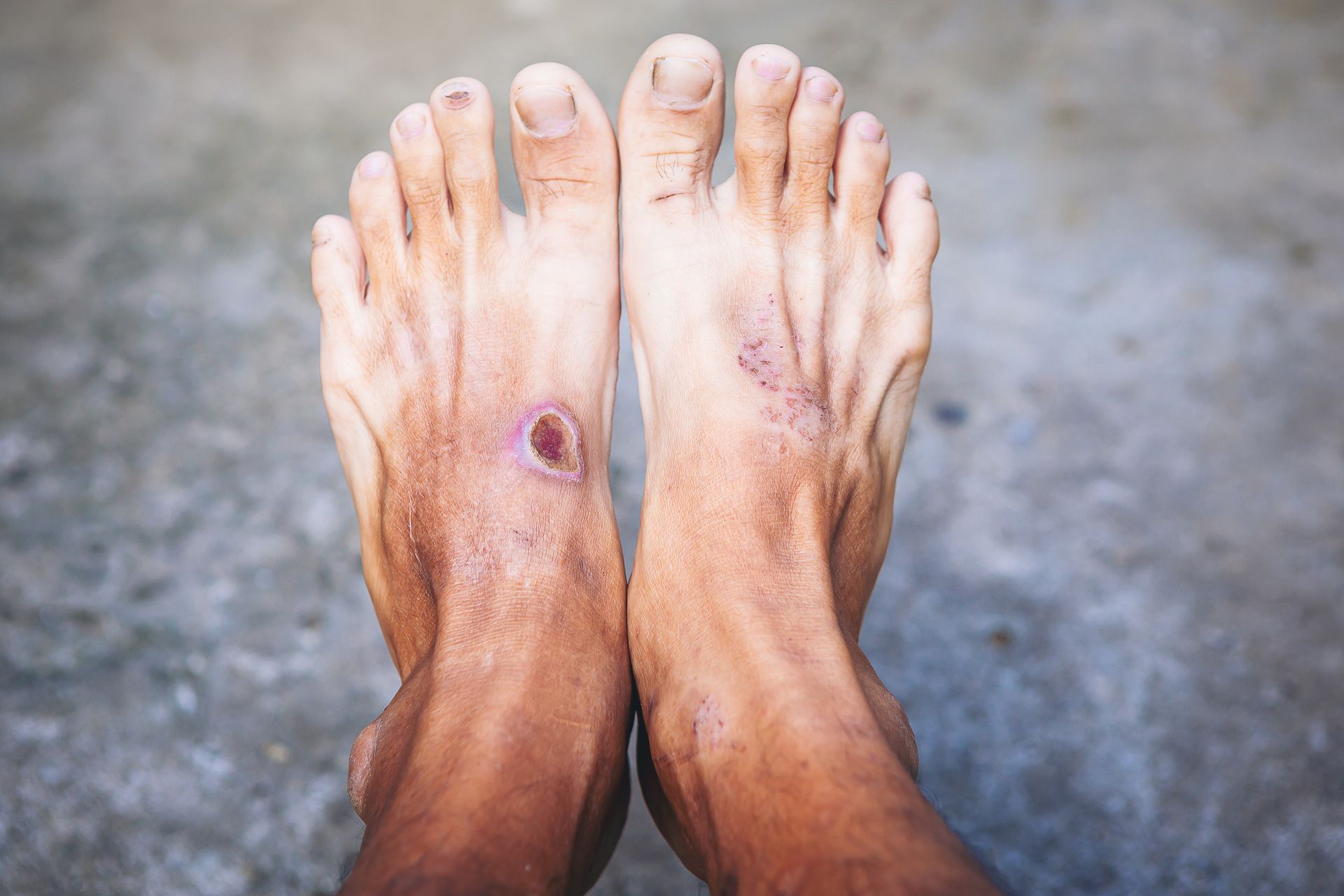Early Detection and Screening for Leg Vein Problems
Early detection and screening are critical in preventing and managing significant health issues related to the veins in the legs. Conditions affecting the leg veins can lead to severe complications if not promptly identified and treated. At The Vein Institute, with convenient locations in San Antonio and Boerne, we focus on early detection and offer various diagnostic and treatment options to address these concerns.
Understanding Leg Vein Health
Leg vein issues, often characterized by symptoms like swelling, pain, and the appearance of varicose veins, are primarily caused by venous insufficiency. This occurs when veins have difficulty returning blood to the heart, leading to poor circulation. Recognizing and treating these issues early on is essential for maintaining leg health and preventing more severe complications.
The Importance of Early Detection
Early detection of vein problems in the legs is vital for several reasons:
- Prevention of Severe Complications: Early identification and management can prevent complications significantly affecting mobility and quality of life.
- Improved Prognosis: Timely intervention can dramatically improve outcomes, with treatments being more effective at earlier stages.
- Cost-Effective Care: Early treatment can also reduce healthcare costs by avoiding the need for more complex procedures.
- Enhanced Quality of Life: Addressing vein problems early can alleviate symptoms and enable a more active and comfortable lifestyle.
Screening for Leg Vein Issues
Screening for leg vein issues typically involves non-invasive tests that assess the health of blood vessels. Common methods include:
- Ultrasound: This uses sound waves to create images of blood flow in the veins, helping to identify any blockages or malfunctions.
- Venography: An X-ray test that uses contrast dye to visualize blood flow and detect issues in the veins.
- Magnetic Resonance Venography: An MRI-based technique that provides detailed images of the veins without ionizing radiation.
Risk Factors and Preventive Measures
Certain factors increase the risk of developing leg vein issues, including age, family history, obesity, and a sedentary lifestyle. Smoking and high blood pressure also contribute to vein health problems. Making lifestyle changes, such as adopting a heart-healthy diet, engaging in regular physical activity, and quitting smoking, can significantly mitigate these risks.
The Vein Institute’s Approach to Leg Vein Health
At The Vein Institute, we provide comprehensive care tailored to the needs of individuals with leg vein problems. Our services include:
- Personalized Risk Assessments: Tailoring screening and care plans to individual risk profiles.
- Advanced Diagnostic Tools: Employing the latest technologies to detect issues at the earliest stages.
- Expert Care: Our team of specialists offers expert advice and treatment options.
- Patient Education: Informing patients about preventive measures and the importance of early detection.
- Ongoing Monitoring: Ensuring effective management of vein health over time.
Early detection and screening are pivotal in managing leg vein health, preventing complications, and improving overall quality of life. At The Vein Institute, we are committed to detecting and treating leg vein issues with excellence. If you are concerned about your leg health or have risk factors for vein problems, we encourage you to schedule a screening and consultation with our team. Early detection can significantly impact your health and comfort.
For more information and to schedule your free consultation, please visit our website at The Vein Institute.












